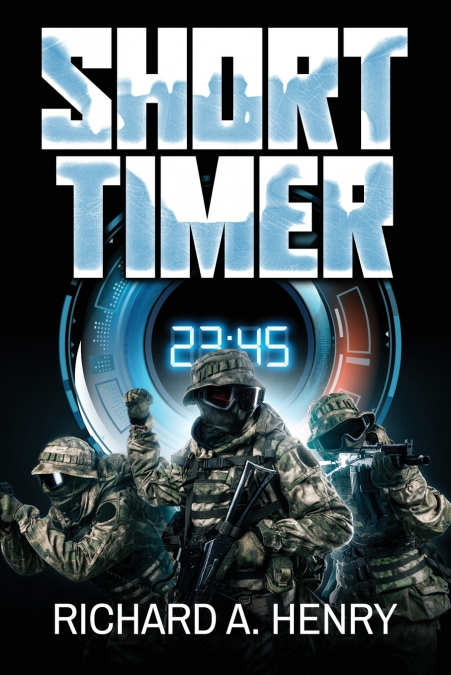
Richard A. Henry
Short-Timer is a small part of the history of the Vietnam War; America’s longest war where for the first time, men of every ethnic background and color fought together side by side in fully integrated units. It is the story of one individual’s survival in a war where flashing the peace sign was perfectly acceptable, while waving a clinched fist in the air, the Black Power symbol, was a court martial offense. At times, it’s a frightening account of how, during combat, men bonded as one to fight the enemy, while back at base camps, the realities of the sixties caught up with everyone and whites openly called blacks 'nigger' while blacks angrily cursed 'honkies'.It is centered around one Marine’s experiences in the service during troubled times. The story follows the Marine from boot camp to his tour in Vietnam. It graphically illustrates the suffering and horrors that are a part of war and the sense of humor necessary for survival under such adverse conditions. The plight of innocent, little children who are far too often the biggest victims of war, is brought home all too clearly by the central character’s encounter with a Frenchman who runs an orphanage in Da Nang.The reader is exposed to all the realities of combat in a crazy war that by 1970 had clearly begun to mean very little to those who served except surviving the war and returning to the 'real world'. For the central character in Short-Timer, his tour is cut short by President Nixon’s Phase I Pull Out from Vietnam. The central character’s war experiences take on an added craziness when he is forced to commit one last, horrifying act of war just a few hours prior to his scheduled departure from Vietnam. It is apparent that the life of the central character and all those he served with will never be the same after having survived the Vietnam War.Short-Timer blends all aspects of life in a memorable story, too authentic for comfort. It is sensitive, tough, gutsy, draws the reader in, makes themexpend emotion and doesn’t let go.